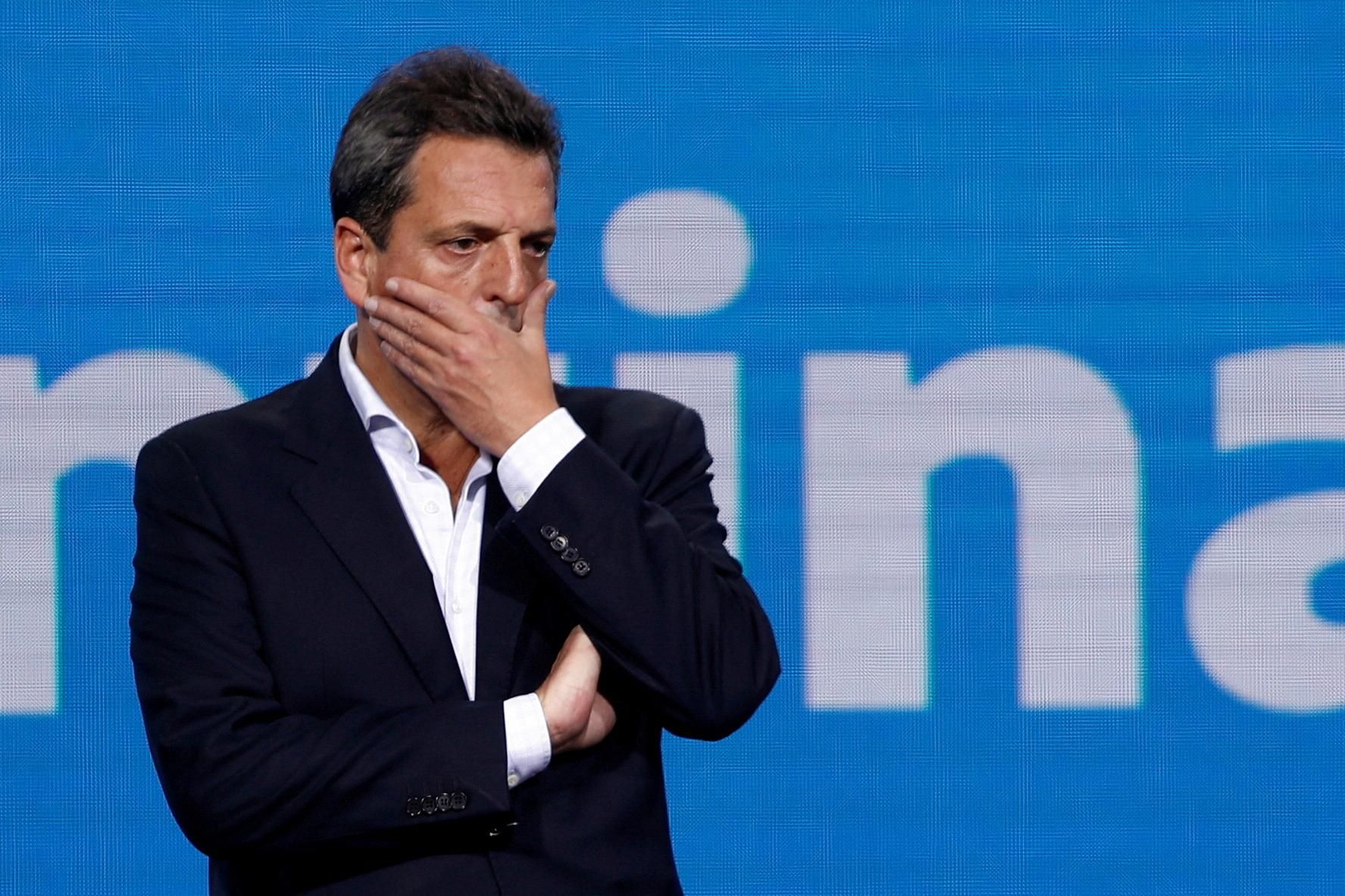What We’re Watching: Argentina’s super minister, China-Zambia debt deal, Ukrainian grain trader dead
Can a "super minister" save Argentina?
Argentina's embattled President Alberto Fernández has appointed Sergio Massa, the influential leader of the lower house of parliament, to head a new "super ministry" that Fernández hopes will help steer the country out of a deep economic crisis. Massa, Argentina's third economic minister in less than a month, will oversee economic, manufacturing, and agricultural policy. He has his work cut out for him owing to soaring inflation, farmers demanding tax relief, and a recent run on the peso. Massa also needs to convince the IMF that Argentina will comply with the terms of its $44 billion debt restructuring deal. There's a political angle too: he's (arguably) the strongest candidate the left-wing Peronista coalition has to run for president next year if the unpopular Fernández drops his bid for a second term. Massa is one of very few politicians who can navigate the ongoing rift between the president and his powerful VP, Cristina Fernández de Kirchner. If the new "super minister" does a good job, he'll be in pole position for a 2023 presidential run; if he fails, the ruling Peronistas will face long odds to stay in power.
China gives Zambia debt relief, paving way for others
Zambia's creditors, led by China, will give the cash-strapped African country enough debt relief to unlock a $1.3 billion IMF loan it desperately needs to get back into the black. It's the first time that Beijing has coordinated with other governments to restructure the debt of a low-income country instead of collecting on its own. This is good news not only for Zambia but also for other nations that owe a lot to China such as Sri Lanka, which has already defaulted, and Pakistan, which could be next. Zambia, the first country to default after COVID struck, is often cited as a glaring example of China's so-called debt trap diplomacy. But President Hichilema Hakainde, elected in late 2021, has successfully leveraged the country's vast copper reserves to reassure both the IMF and China (the latter wary of the bad optics of squeezing African countries. The deal also puts pressure on private creditors to give more breathing room to heavily indebted nations grappling with high inflation and a strong US dollar. But there's a catch: private investors will have to agree to at least as much debt relief as public creditors.
